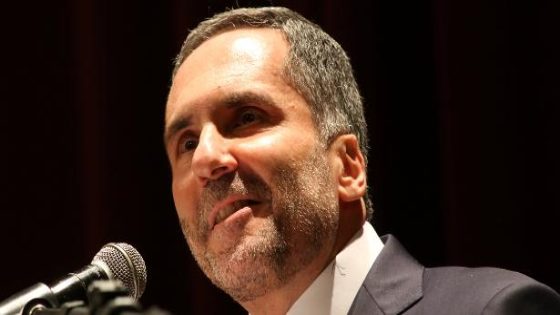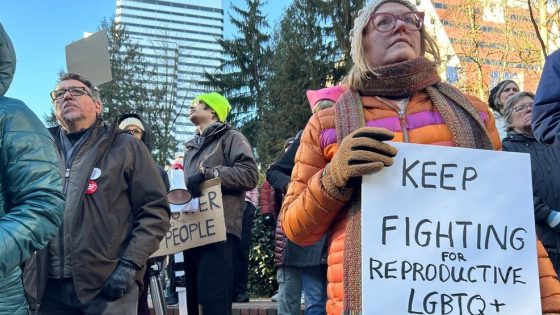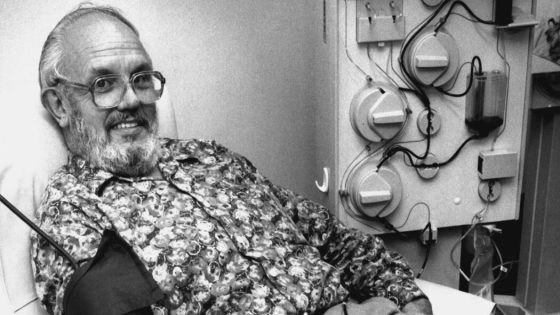On February 9, 2025, the National Secretary of Security emphasized the need for strategic police action in combating crime in Brazil. He highlighted that while laws have improved over the past 30 years, the focus should be on effective public policy rather than just increasing penalties. How can Brazil balance law enforcement with human dignity?
- Focus on public policy over harsher penalties.
- Strategic police work needed for effectiveness.
- Criticism of Rio government's stance on force.
- Importance of human dignity in law enforcement.
- STF's role in upholding constitutional rights.
- Need for clear objectives in police operations.
Strategic Police Action Essential for Reducing Crime in Brazil
What does it take to effectively reduce crime in Brazil? The National Secretary of Security believes that a strategic approach is crucial. He argues that simply increasing penalties is not enough. Instead, a comprehensive public policy that strengthens police work and addresses the root causes of crime is necessary.
Key Actions to Reduce Crime and Protect Human Rights
In his recent statements, the Secretary outlined several key actions aimed at reducing crime while respecting human rights. This dual focus is critical in fostering trust between communities and law enforcement.
- Strengthening police strategies to target organized crime effectively.
- Ensuring that police actions respect human dignity and constitutional rights.
- Encouraging a collaborative approach between government and law enforcement.
- Promoting community engagement to address the root causes of crime.
Importance of Human Dignity in Law Enforcement
The Secretary stressed the importance of maintaining human dignity in policing practices. He noted that while law enforcement must act against organized crime, it should also ensure that actions do not violate constitutional rights. How can law enforcement balance these priorities effectively?
Political Debate on Crime Strategies
Political reactions to crime strategies have been mixed. The Secretary criticized local government responses that oppose strategic measures, suggesting that a united front is essential for effective crime reduction. What role should political leaders play in shaping crime policies?
Future Directions for Crime Reduction in Brazil
Looking ahead, the Secretary envisions a future where crime is tackled through strategic, well-planned actions rather than mere punitive measures. This approach not only aims to reduce crime rates but also to build a safer, more just society. Can Brazil set a precedent for other nations facing similar challenges?

































